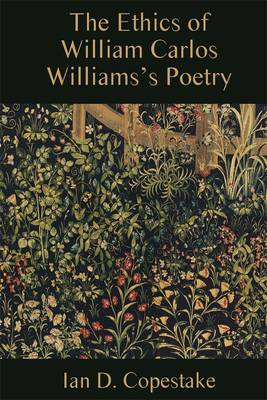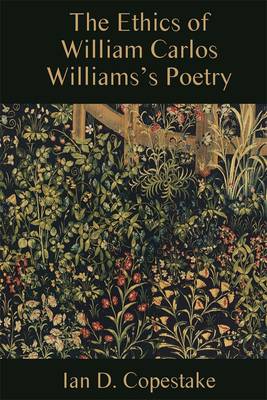
- Afhalen na 1 uur in een winkel met voorraad
- In januari gratis thuislevering in België
- Ruim aanbod met 7 miljoen producten
- Afhalen na 1 uur in een winkel met voorraad
- In januari gratis thuislevering in België
- Ruim aanbod met 7 miljoen producten
Omschrijving
William Carlos Williams (1883-1963) is the most influential figure in the development of American poetry in the twentieth century and into the twenty-first. His simple language and focus on the familiar objects and voices of everyday life pulled poetry out of the past and restored its ability to express contemporary experience. Williams believed passionately in poetry's usefulness, abhorring its perception as an esoteric pursuit and insisting on the impact it could have on the life of a reader if only made relevant to his or her experience. Examining the sources of this belief, Ian Copestake breaks new ground by tracing the enduring impact of Williams's youthful experience of Unitarianism on his poetry and arguing that Williams is a poet in an Emersonian tradition.
Two chapters focus on Williams's long poem Paterson, arguing that its long gestation -- from 1927 to 1951 -- reflects its role as an ethical autobiography in progress. Copestake investigates sources that point to the ethical heart of Williams's poetry and to his lifelong belief that "It is difficult / to get the news from poems / yet men die miserably every day / for lack / of what is found there."
Ian D. Copestake is a Lecturer at the University of Bamberg, Germany and editor of the William Carlos Williams Review.
Specificaties
Betrokkenen
- Auteur(s):
- Uitgeverij:
Inhoud
- Aantal bladzijden:
- 180
- Taal:
- Engels
- Reeks:
- Reeksnummer:
- nr. 5
Eigenschappen
- Productcode (EAN):
- 9781571134813
- Verschijningsdatum:
- 1/11/2010
- Uitvoering:
- Hardcover
- Formaat:
- Genaaid
- Afmetingen:
- 152 mm x 229 mm
- Gewicht:
- 430 g

Alleen bij Standaard Boekhandel
Beoordelingen
We publiceren alleen reviews die voldoen aan de voorwaarden voor reviews. Bekijk onze voorwaarden voor reviews.









